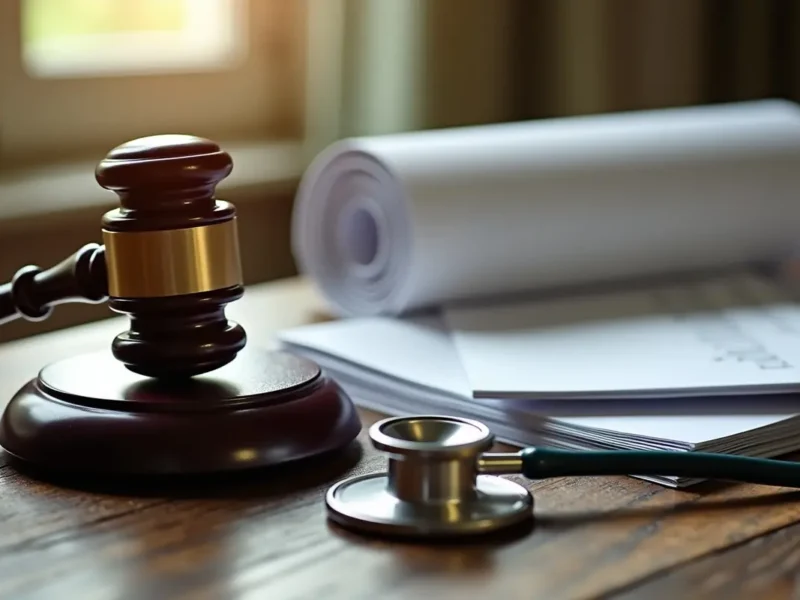When you file a personal injury lawsuit and expect compensation, ensure you have what it takes to convince the court. You are not responsible for the accident but need more than your testimony to prove your claim. You achieve this by providing substantial evidence to support your case. This guide explains the crucial things you can present and use as evidence in a personal injury lawsuit.
Contents
Testimony
The testimony you give before the court is the evidence that can win or make you lose the case. Preparing for the testimony is, therefore, crucial. Let your lawyer take you through the testimony preparation process to avoid errors that might affect the lawsuit. Eyewitnesses, case parties, and others can testify before the court. To use testimony as evidence, you need facts and tangible information related to the lawsuit to increase success chances.
Documentary Evidence
After an accident that led to personal injuries, it serves your interest to document the events. By documenting the events, you compile evidence to use when fighting the lawsuit. In Denver, the best way to handle your case and increase winning chances is through documenting the evidence as much as possible. Working with Denver personal injury attorneys will help you understand the relevance of documentary evidence in personal injury lawsuits.
Medical Records and Statements
When pursuing a personal injury lawsuit, you need detailed information in your medical records and statements. Medication records, lab work, diagnostic tests, doctor’s notes and records, and therapy records are what you can use as evidence to validate your claim and seek justice. Let your personal injury lawyer help gather, preserve, and present medical records to raise your winning chances. Medical records are vital when calculating and evaluating the damage from an accident.
Accident Report From the Police
Once the police respond to your 911 call and reach the accident scene, they should assess the events and write reports. This is protocol, and the police reports and statements will be vital when presenting your evidence to the court. Your personal injury lawyer should work hand in hand with the police and ascertain that the recorded statements and other files will serve your interest before the court.
Employment Records
Using employment records as evidence will show the court how much loss you encountered since the accidents occurred and after sustaining serious injuries. Using employment records, you can contest lost wages, benefits, and financial needs you and your family might need. However, using employment records as evidence can be hectic, so you need an experienced and reputable lawyer for guidance. You get a lifeline by using employment records in your fight for a sustainable compensation package.
Pain and Suffering Journal
Did you know you could record and document every painful and suffering moment you encountered after the accident and due to the injuries sustained? The detailed journal of the struggles will help convince the court to approve a substantial compensation package. By describing your pain and suffering, you let the court or the insurance provider know the extent of damage from the accident and the injuries caused you. Use descriptive words that will also paint a clear picture of your struggles.
Insurance Documents
If the fight for justice includes obtaining compensation from your insurance provider, let your personal injury lawyer have and use a copy of the insurance policy. You need the insurance documents to calculate and evaluate the damages before approaching your insurance provider or the court. Let your lawyer validate the documents before using them during settlement negotiations.
Before you file a personal injury lawsuit, ensure you have everything you can use as evidence. By presenting tangible and substantial evidence, fighting for your right and increasing winning chances remains possible. Consider the things explained in this guide as a victim before filing a personal injury lawsuit.



